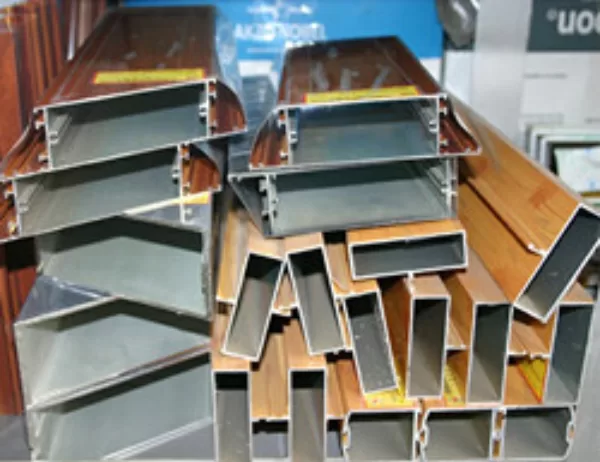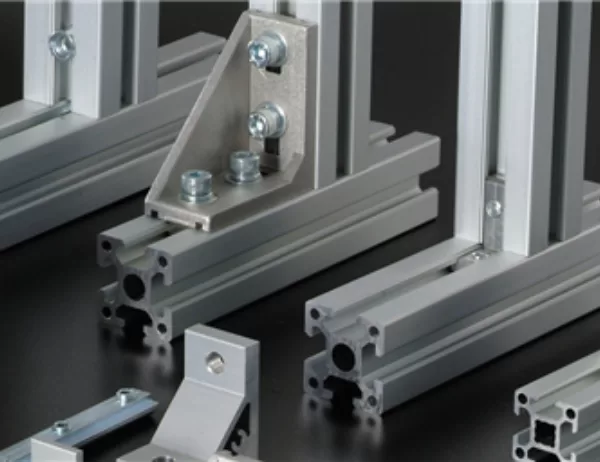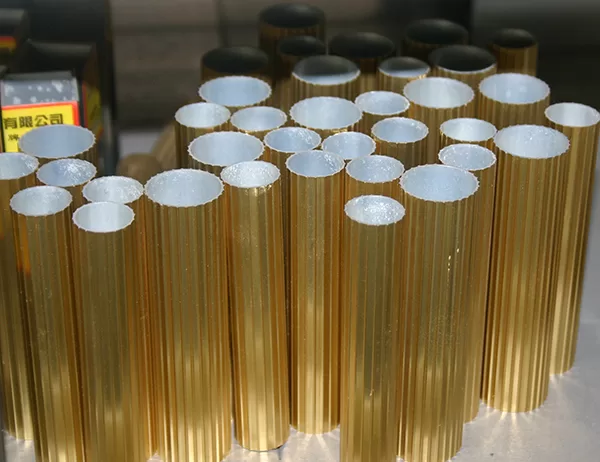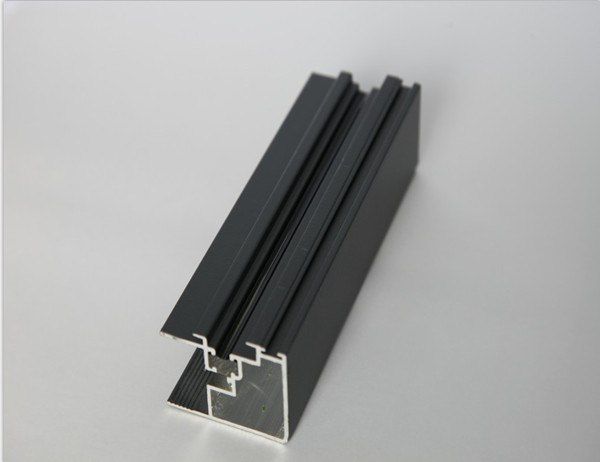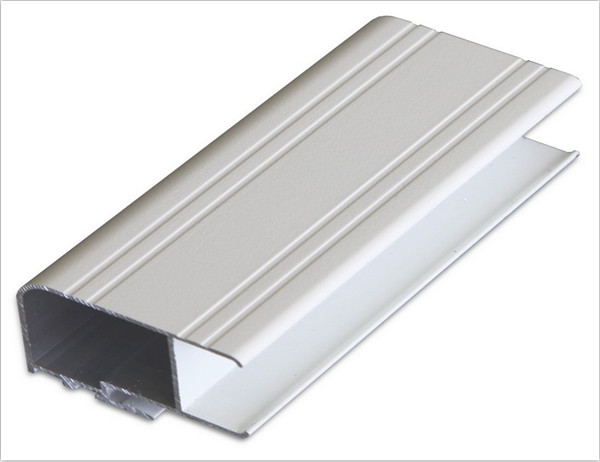Solar panels are a crucial component in harnessing renewable energy from the sun. To maximize their efficiency and durability, aluminium profiles play a significant role. This article explores the various ways in which aluminium profiles enhance the performance of solar panels.
Structural Support and Rigidity
Aluminium profiles provide a robust and lightweight framework for solar panels. Their high strength-to-weight ratio enables them to withstand wind loads and other external forces, ensuring the panels remain secure and stable. The rigidity of aluminium profiles prevents bending or warping, which can compromise the efficiency of the solar cells.
Heat Dissipation
Solar panels generate heat when exposed to sunlight. Excessive heat can reduce the efficiency of the cells and shorten their lifespan. Aluminium profiles act as efficient heat sinks, dissipating heat away from the panels. They have high thermal conductivity, allowing heat to flow easily through them. This heat dissipation helps maintain an optimal operating temperature for the solar cells, ensuring maximum power output.
Durability and Corrosion Resistance
Aluminium profiles are highly durable and resistant to corrosion. This is critical for solar panels, which are often exposed to harsh environmental conditions, including rain, snow, and UV radiation. The protective oxide layer that forms naturally on the surface of aluminium prevents oxidation and corrosion, ensuring the structural integrity and longevity of the panels.
Reflectivity and Light Distribution
The reflective properties of aluminium profiles enhance the light utilization efficiency of solar panels. The polished surface of aluminium profiles reflects light back onto the solar cells, increasing the amount of sunlight absorbed. This increased light absorption contributes to higher power output and improves the overall efficiency of the panels.
Cost-Effectiveness
Compared to other materials used in solar panel frames, aluminium profiles offer cost-effective solutions. Their lightweight nature and ease of handling reduce transportation and installation costs. Additionally, the durability and corrosion resistance of aluminium reduce maintenance expenses over the lifetime of the solar panels.
Sustainability
Aluminium is a sustainable material that can be recycled multiple times without losing its properties. This makes it an environmentally friendly choice for solar panel frames. By using aluminium profiles, the carbon footprint of solar panels can be minimized, promoting a greener energy future.
Conclusion
Aluminium profiles play a crucial role in enhancing the efficiency, durability, and cost-effectiveness of solar panels. Their structural support, heat dissipation capabilities, corrosion resistance, reflectivity, and sustainability make them an ideal material for solar panel frames. By incorporating aluminium profiles into solar panel designs, we can harness the power of the sun more effectively and contribute to a cleaner, more sustainable energy landscape.
